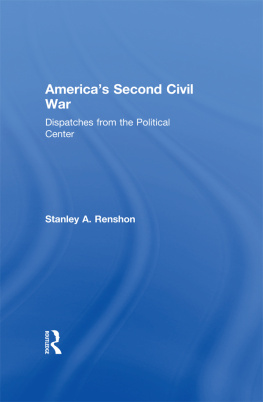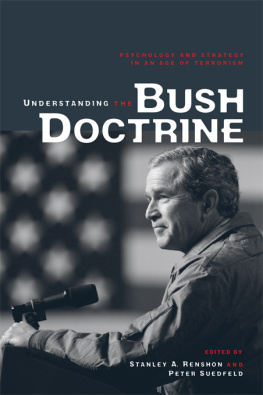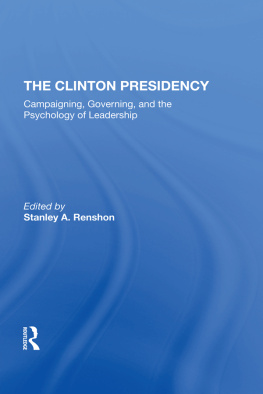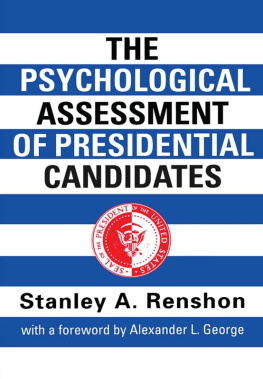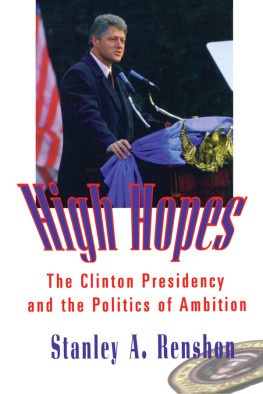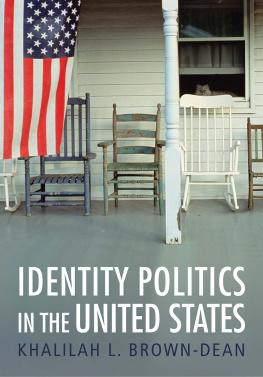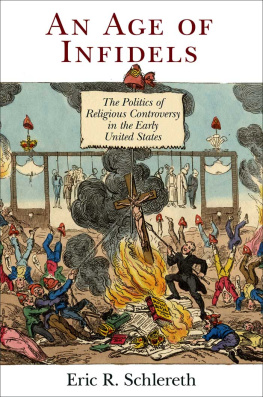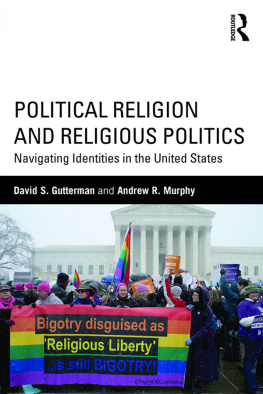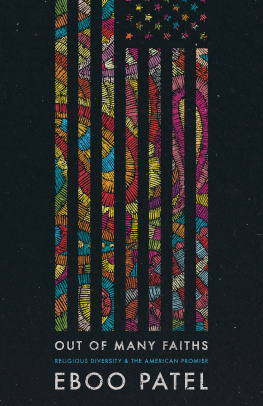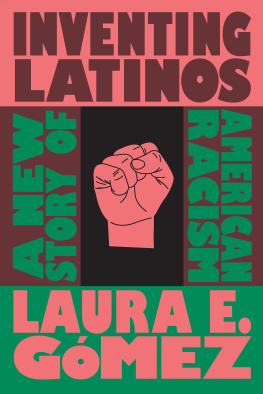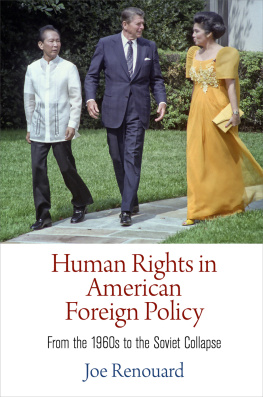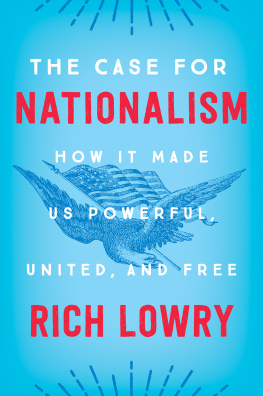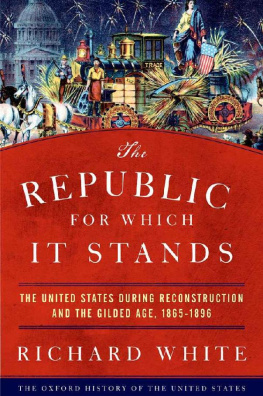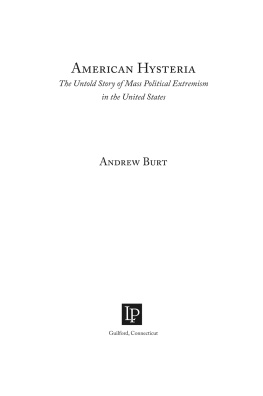Americas Second Civil War
Also by Stanley A. Renshon
The Clinton Presidency: Campaigning, Governing and the Psychology of Political Leadership
Good Judgement in Foreign Policy: Theory and Application
Handbook of Political Socialization: Theory and Research
High Hopes: The Clinton Presidency and the Politics of Ambition
(Winner of the American Political Science Associations Richard E. Neustadt award for the best book on the presidency, and the National Association for the Advancement of Psychoanalysis Gradiva Award for the best biography)
One America?: Political Leadership, National Identity, and the Dilemmas of Diversity
Political Psychology: Cultural and Crosscultural Foundations
The Political Psychology of the Gulf War: Leaders, Publics and the Process of Conflict
The Psychological Assessment of Presidential Candidates
Psychological Needs and Political Behavior
First published 2002 by Transaction Publishers
Published 2017 by Routledge
2 Park Square, Milton Park, Abingdon, Oxon OX14 4RN
711 Third Avenue, New York, NY 10017, USA
Routledge is an imprint of the Taylor & Francis Group, an informa business
Copyright 2002 by Taylor & Francis.
All rights reserved. No part of this book may be reprinted or reproduced or utilised in any form or by any electronic, mechanical, or other means, now known or hereafter invented, including photocopying and recording, or in any information storage or retrieval system, without permission in writing from the publishers.
Notice:
Product or corporate names may be trademarks or registered trademarks, and are used only for identification and explanation without intent to infringe.
Library of Congress Catalog Number: 2001037345
Library of Congress Cataloging-in-Publication Data
Renshon, Stanley Allen.
Americas second civil war : dispatches from the political center / Stanley A. Renshon.
p. cm.
Includes bibliographical references and index.
ISBN 0-7658-0087-X (alk. paper)
1. political planningUnited States. 2. political leadershipUnited States. I. Title.
JK468.P64 R46 2001
303.340973dc21
2001037345
ISBN 13: 978-0-7658-0087-9 (hbk)
To my wife Judith, a wonderful mother, friend, and partner in life, with love, affection, and appreciation
This book grows out my work on the Clinton presidency and the psychology of political leadership. In trying to understand the ways in which Mr. Clintons psychology shaped his approach to leadership and governing, it became clear that the public issues he faced would be instrumental in defining his presidency. Mr. Clinton ran for and won the presidency as a New Democrat, a term that implied some distance from the older kind. On a variety of issuesthe economy, race, welfare reform, crime, and othersMr. Clinton presented himself as someone who would go beyond the traditional orthodoxies of left and right. To judge the degree to which this was true required some appreciation of these positions.
Having spent many years following these debates at a distance, I began to read more widely the policy disagreements that shaped Americas increasingly contentious political arguments. It quickly became clear that while many of the facts in these debates were in dispute, the disagreements ran much deeper. Indeed, it seemed the primary conflicts were not so much over facts, and not even primarily about policyalthough there were certainly plenty of disagreements over both. Rather, these conflicts seemed more a product of fundamentally different views of Americawhat kind of country we had been, what kind of country we were, and what kind of country we should strive to become. That divide is still very much with us. The 2000 presidential election has only deepened it, and the survivor solidarity after September 11 did not surmount it.
These debates on the nature, past and future, of America represent our basic public dilemma . I understand that term as a primary unresolved question of public psychology that underlies and permeates the most important political issues that arise for public leadership. The basic public dilemma that faced Mr. Clinton on taking office was whether he could restore confidence in the governments ability to address and to help resolve pressing public problems, without resorting to the discredited large-scale programs that had brought about that dilemma in the first place. Paradoxically, Mr. Clinton succeeded in large part because of the unwanted and forced partnership with a Republican Congress, elected primarily because he had reneged on his promise to govern as he had runas a New Democrat.
Mr. Clintons major flaw was not that he didnt see our dilemmas clearly, but rather that his own ambitions made him unable to deal honestly and effectively with them. In Mr. Clintons first term his promise to govern as a moderate collided with his ambitions for a heroic presidency of large initiatives and great legacies.
In his second term Mr. Clinton again accurately called our attention to Americas unfolding basic public dilemma, our increasing diversity and how we would handle it. In a speech at the University of California, San Diego, he outlined the issues facing this country and said he would begin a national dialogue to help address them. That initiativeoptimistically named One Americafloundered from its inception with the presidents decision to define that discussion as a black-white, rather than a multi-ethnic cultural diversity set of issues as he had first articulated it.
A number of Mr. Clintons personal and political choices not only squandered the opportunity to help us address these issues, but also actually contributed to further dividing the country on racial, ethnic, cultural, and political lines. As a result, our basic public dilemmahow we will address and resolve these issues of common national understanding, purpose, and identityare still very much with us. And it is a critical, but as yet unresolved, question as to whether new or different kinds of political leadership can make a constructive difference.
This volume is organized into a series of focused, substantively grounded essays of varying length. They reflect my dual training as both a political scientist and a clinical psychologist and psychoanalyst. The perspective of political psychology is regrettably lacking in most discussions of the issues addressed in this book. For example, most discussions of immigration focus on its economic aspect, do immigrants cost us more money than they contribute? This argument is based primarily on how one counts costs and contributions. Yet beyond this is the much more critical question of the impact of immigration on American common values, national identity, and politics. Moreover, in the aftermath of the September 11 terrorist bombing the integration of immigrant communities has become an increasingly important question.
Many of the issues raised herein are controversial, which means that many people hold strong views on one side or another of these issues. I have tried to develop a balanced analysis of the issues involved, without avoiding the substantive judgments that follow from such work.
The essays in this book are grouped into six major sections; Foundations and Framework; American National Identity; Immigration and the American National Community; American Politics and Political Leadership; Political Leadership and the Dilemmas of Diversity; and Presidential Leadership in the New Millennium. Each chapter within these sections is self-contained, although each is separately linked, as are all cumulatively, to the major themes set out in the introduction.

